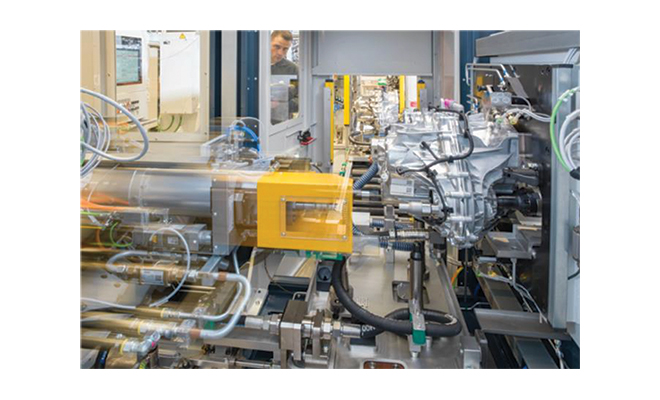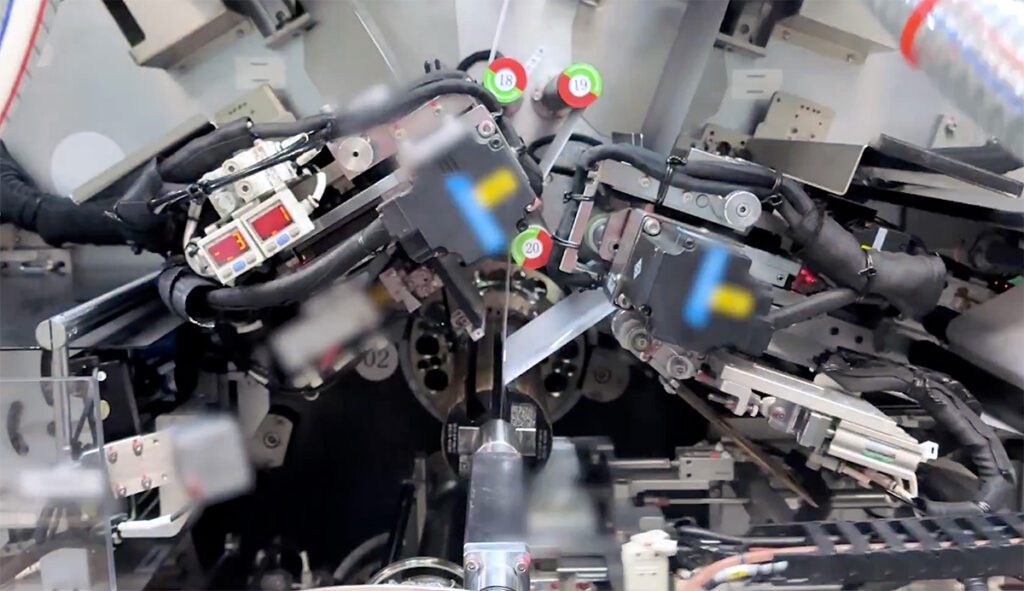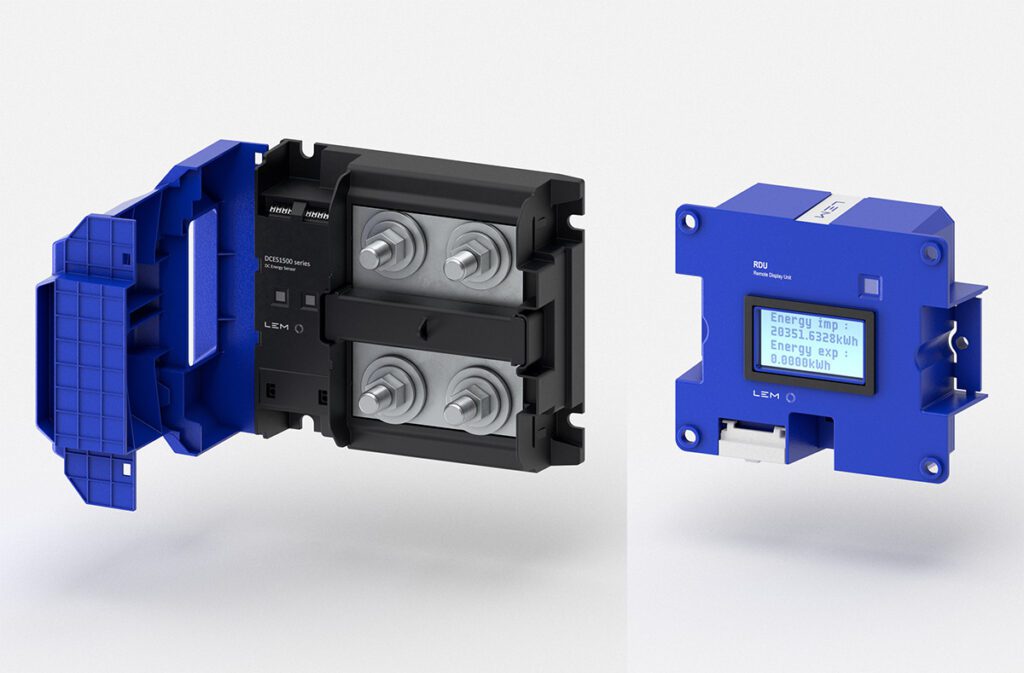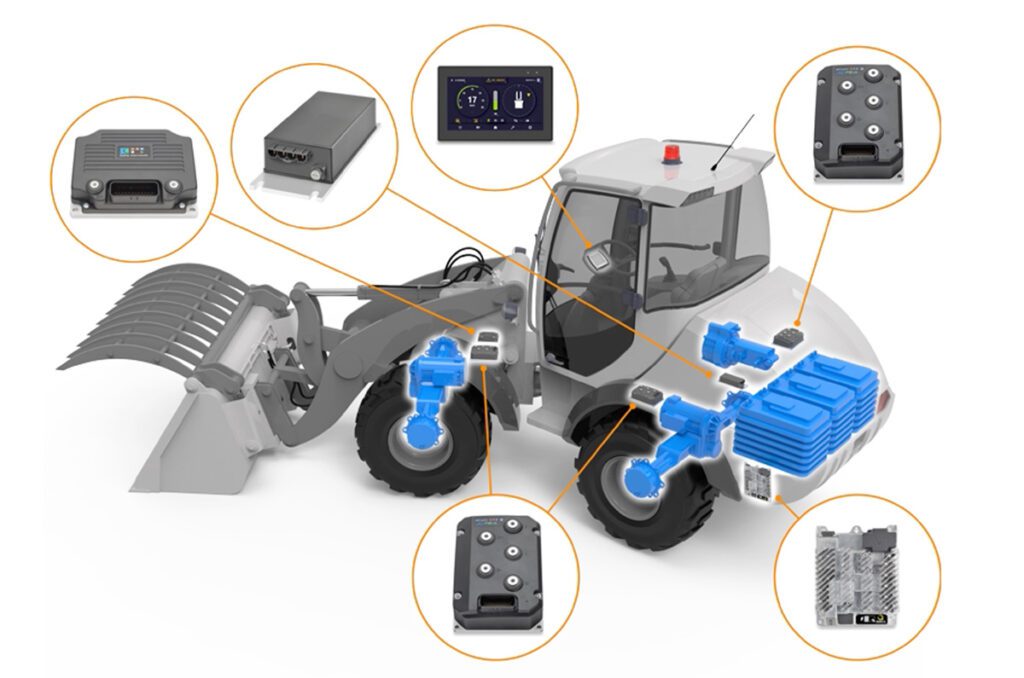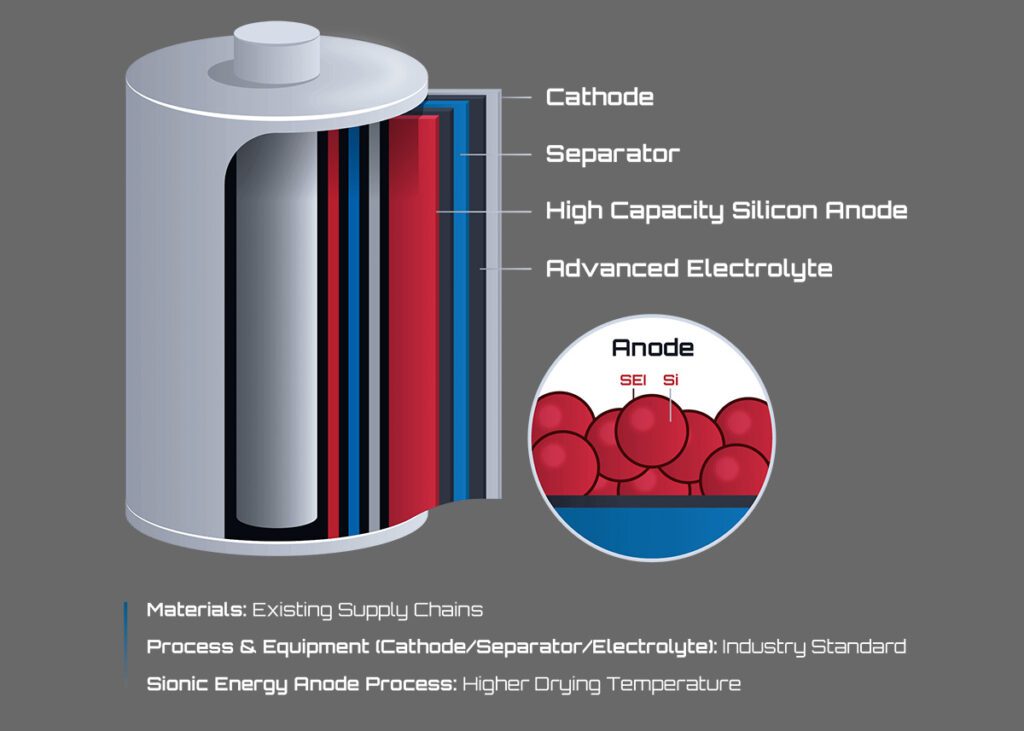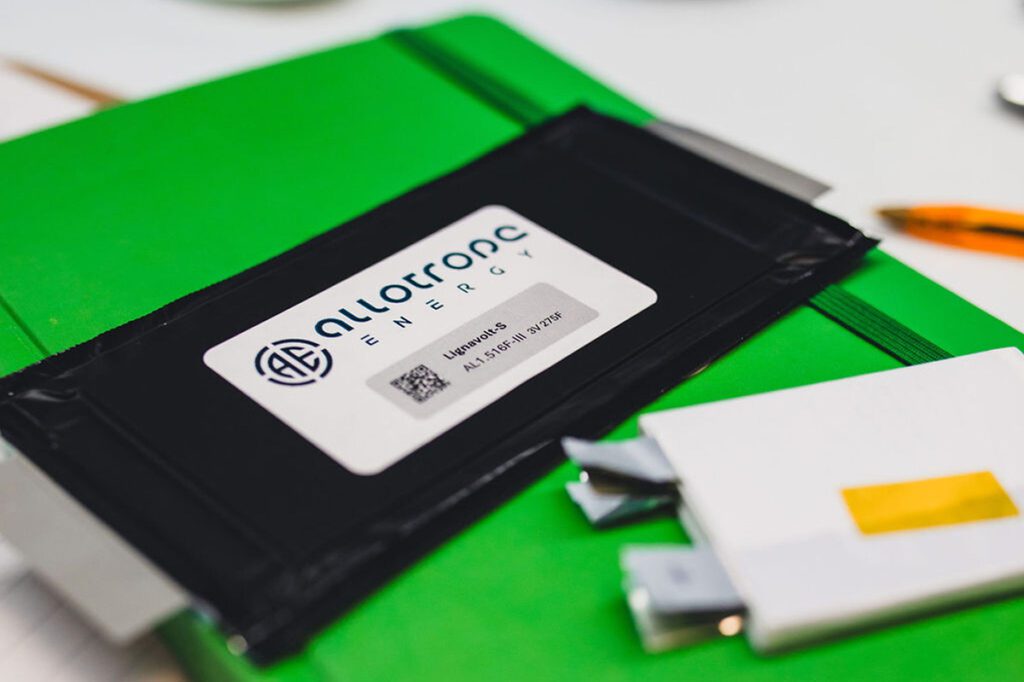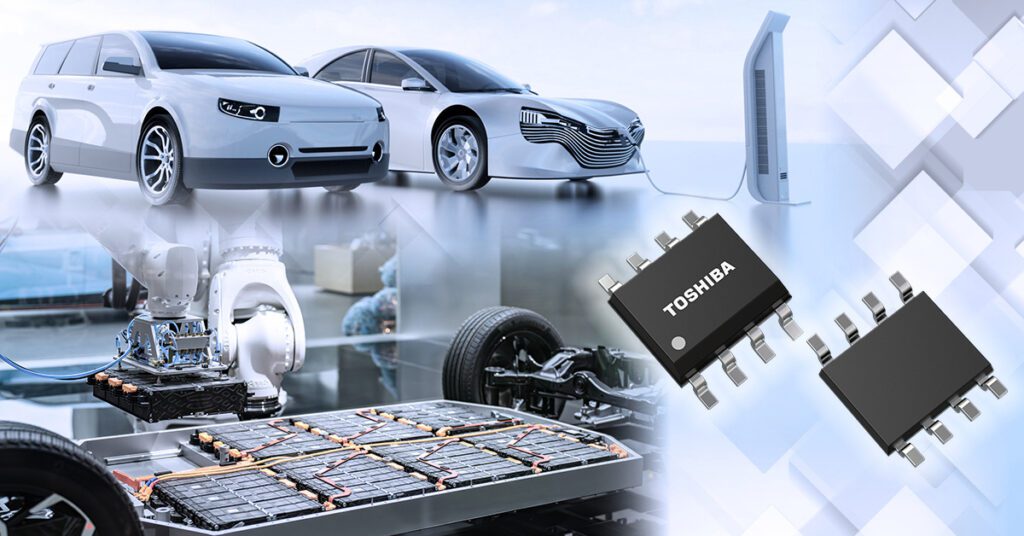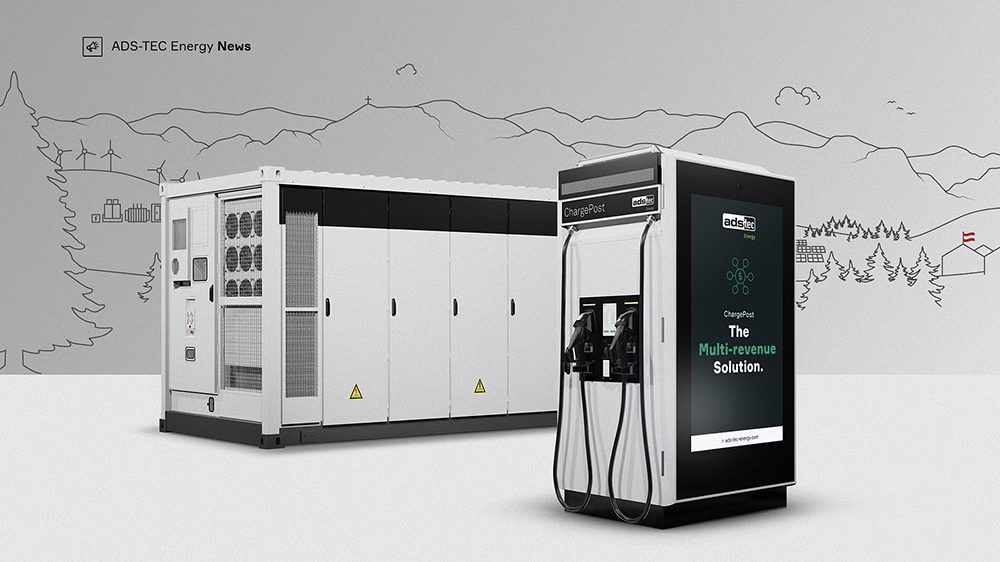End-of-Line (EOL) testing of EV powertrains now generates more data than ever, thanks to the ubiquity of smart sensors and the Industrial Internet of Things (IIoT). With a focus on testing and measurement, teamtechnik applies Industry 4.0 tools and techniques to optimize production and testing processes.
Sometimes called “the fourth industrial revolution,” Industry 4.0 expands upon the digital revolution to create smart factories that employ automated manufacturing equipment, machine-to-machine communication, self-diagnostics and automated optimization of processes and resources. Here are three ways in which teamtechnik uses Industry 4.0 technology to enhance testing and measurement:
Data management
EOL testing of a transmission or an e-drive generates around 1,000 parameters, resulting in a volume of process and test data that must be managed in real time. Software such as teamtechnik’s teamsoft.TEST facilitates data management through test result analysis, flexible data filtering options and a variety of statistical functions.
Automated trend analysis
Automated trend analysis allows the system to detect deviations in the production process, helping to reduce or prevent system downtime through predictive maintenance. Using the wide variety of data generated during EOL testing processes, software like teamsoft.TEST allows the monitoring of all process variables according to statistical rules. Further analysis is possible using drill-down functions. The software also performs quality control by detecting production tolerance deviations, allowing it to localize the error source and predict component failures before they occur.
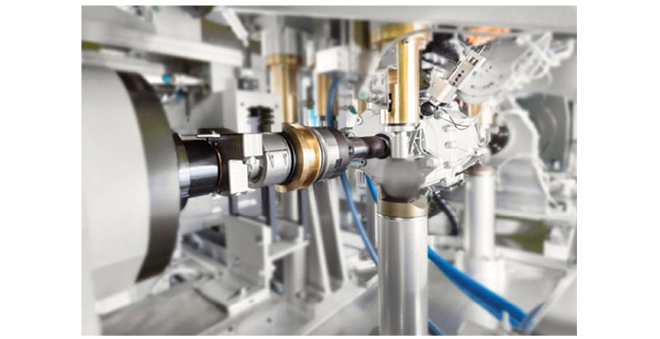
Data access and integration
The Representational State Transfer Application Program Interface (REST API) is used to access and integrate data between computer systems. A clearly defined interface allows the extraction of data from the production database. REST API can be used to protect the production server against external intervention, make data available to other systems (e.g. ERP, etc) or to create special exports.
Source: teamtechnik







